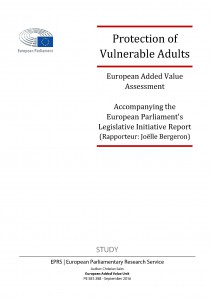Conference Announcement
Conference “International Conflict of Laws and the Third Restatement” at Duke Law School
Writing in 2000, Mathias Reimann criticized the Second Restatement of Conflict of Laws for being “largely blind to international concerns.” He argued that since international conflict-of-laws issues have become routine, the next Restatement of Conflict of Laws must be attentive to such issues and that, ideally, it would “come with an implied (or better yet express) warranty that all its principles and rules are fit for international use as well [as for domestic use].” With work on the Third Restatement of Conflict of Laws now underway—and with one of its goals being “to pay greater attention to the international context than the Second Restatement did”—it is time to give careful thought to Professor Reimann’s call for a genuinely international restatement.
With this in mind, the Duke Journal of Comparative and International Law will be hosting a symposium entitled: International Conflict of Laws and the Third Restatement. The symposium will be held at the Duke University School of Law in Durham, North Carolina, and will take place November 4–5, 2016.
The symposium will feature all three reporters of the 3rd Restatement of the Conflict of Laws: Laura Little, Kermit Roosevelt III and Christopher Whytock. Speakers will include Patrick Borchers, Hannah Buxbaum, Donald Earl Childress III, Ann Laquer Estin, Richard Fentiman, Ralf Michaels, Horatia Muir Watt, Mathias Reimann, Linda Silberman, Symeon Symeonides, Louise Ellen Teitz, and Christopher Whytock..
For further information please see http://djcil.law.duke.edu/symposium/
